Legends of Runeterra (LoR) is a tough game to evaluate reasonably as a card-game fanatic. It’s significantly better than its competitors in so many aspects that it’s difficult not to romanticize it, but I’ll do my best.
If you haven’t seen or heard of LoR before, it’s a free online collectible card game (CCG). Drawing inspiration from similar titles like Artifact, Hearthstone, and Magic: The Gathering, you’ll play units and spells to try and beat down your opponent’s life total. Legends of Runeterra, however, is based in Riot’s League of Legends universe, so you’re playing Champions and followers and dealing damage to an enemy Nexus.
The gameplay certainly isn’t run-of-the-mill, either.
There’s a deep initiative system to LoR that passes control back and forth each turn, giving each player far more agency over the flow of the match, unlike more restrictive CCGs that only let you play cards on your own turn.
There are lots of these small tweaks to the familiar formula that make Legends of Runeterra accessible to all, but exciting enough to keep you playing.
It would take too long to explain all of the mechanics here, but we have some extensive guides on our dedicated LoR page if you’re interested in learning more about how to play the game.
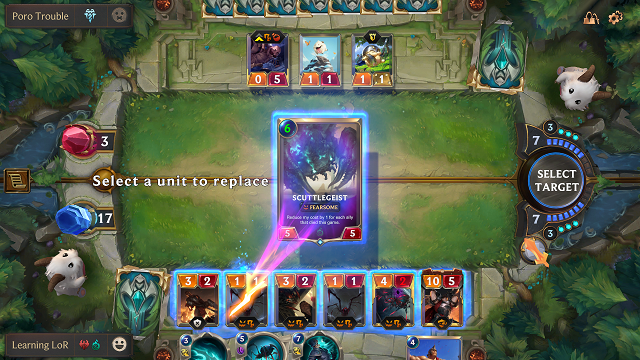
What really makes Runeterra special, though, is its fine-tuned balance and consumer-friendly monetization. Because there are so many viable decks and interesting combinations between Champions and playstyles, the meta is constantly shifting and evolving.
As we’ve just had 100+ new cards released in the 1.0 update, it’s only a few days before something new is king of the hill, something else is ahead of the pack… only for its counter to rise from the ashes of other decks shortly after. Even once the dust settles, this pattern will inevitably become weeks instead of days.
It’s the closest thing to “balance” that a card game — or any competitive game, for that matter — can accomplish in my opinion. And Riot’s gentle touch with patches definitely plays a part in this.
Rather than making snap decisions or dropping new cards and abandoning ship, they’ve been incredibly clear about their schedule to provide balance changes each month with smaller quality-of-life patches in between.
Legends of Runeterra’s state of near-equilibrium is only possible thanks to the extremely wallet-friendly monetization strategy that the game employs, though.
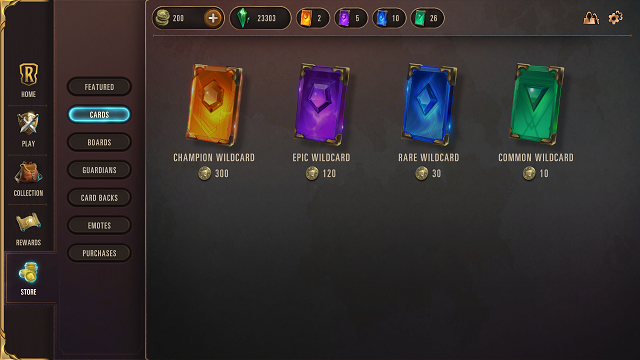
A full collection of every card can be unlocked in a reasonable timeframe without spending a cent, while most meta decks can be crafted in a week or so, with many taking much, much less time.
Did I mention Riot’s eliminated lootboxes? That’s right, you can craft the exact cards you want for — and I have to stress this explicitly — a reasonable price, with no paid packs in sight.
There are still free packs earned each week by playing the game, and you can spend real money to unlock cards if you desire, but your progression isn’t reliant on spending piles of cash on lootbox packs, and for that, I cannot praise Riot enough.
For those wondering, there are a host of personalization options such as themed boards, emotes, card backs, and more to unlock for real money if you want. This Warframe-esque system of “support us, if you want, by buying shiny trinkets” is the perfect monetization strategy for a free-to-play game.
It makes you feel like the developers actually respect your time, and incentivizes you to keep playing and eventually dip into your wallet — at least it has for me and many others.
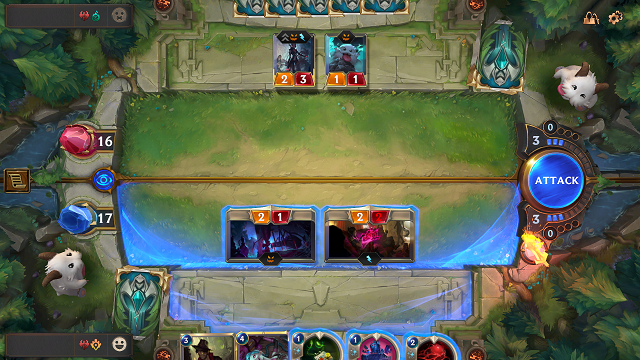
While I could talk for hours about the intricacies of why LoR is worth your time, it would be disingenuous to act like everything has been sunshine and roses in Runeterra.
Early previews of LoR praised it for limiting the amount of real money that players can spend each week, and offering diminishing returns on XP to nudge players into taking a break after grinding for too long.
Truth be told, this was one of the main reasons why I started playing.
In one of the final Beta patches, however, Riot removed the spending cap and some of the XP gating.
While you can easily jump to cynical conclusions about this, these changes have ultimately been healthier for the competitive scene, and the game remains firmly in the free-to-play camp instead of “pay-to-win.”
Elsewhere, there were also a few nasty bugs introduced with the Rising Tides expansion — many of which have thankfully been hotfixed — as well as some discrepancies in card text.
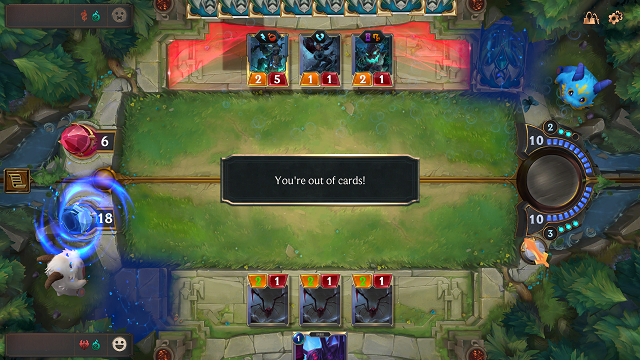
While it’s a real shame the patch wasn’t released in a more polished state, it’s almost impossible to imagine that the COVID-19 outbreak didn’t mess with Riot’s playtesting.
If the Beta patches are anything to go by, though, there’s no doubt that Riot will work diligently to patch up any remaining issues over the coming weeks.
Speaking of the new expansion, though there are a few cards that will need addressing in future balance patches, it’s comforting to see that the expansion hasn’t completely monopolized the competitive meta of LoR.
Long-serving fans of the CCG genre probably shudder when they hear the word “expansion” these days, but the ability to craft cheap yet effective decks remains unchanged, and the newly released cards haven’t swamped the old set out of relevancy.
It’s clear, then, that any negatives to be found about LoR pale in comparison to the leagues of positivity.
There are many lingering questions about how long Riot’s model will survive before more nefarious CCG pitfalls take hold, but everything I’ve seen from the Runeterra team so far has given me faith that there are steady hands at the helm.
—
For more on Legends of Runeterra, check out our dedicated page for a range of useful guides aimed at all skill levels!

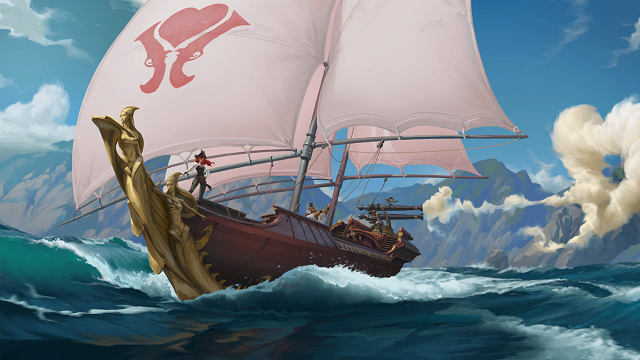





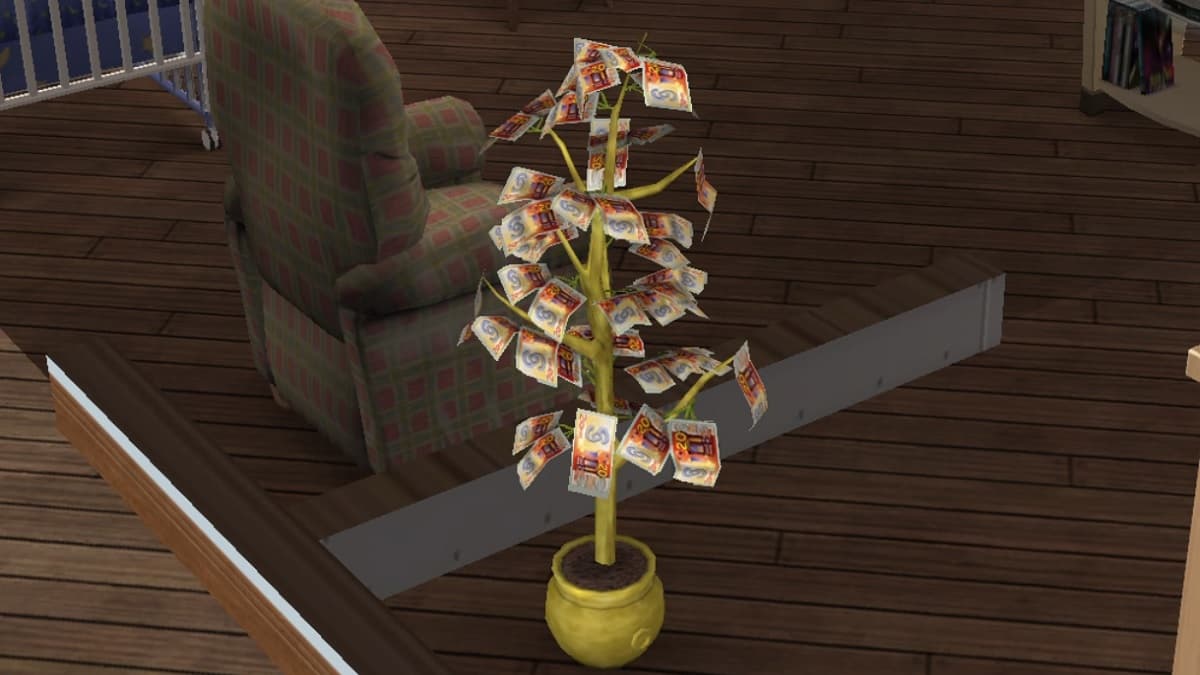

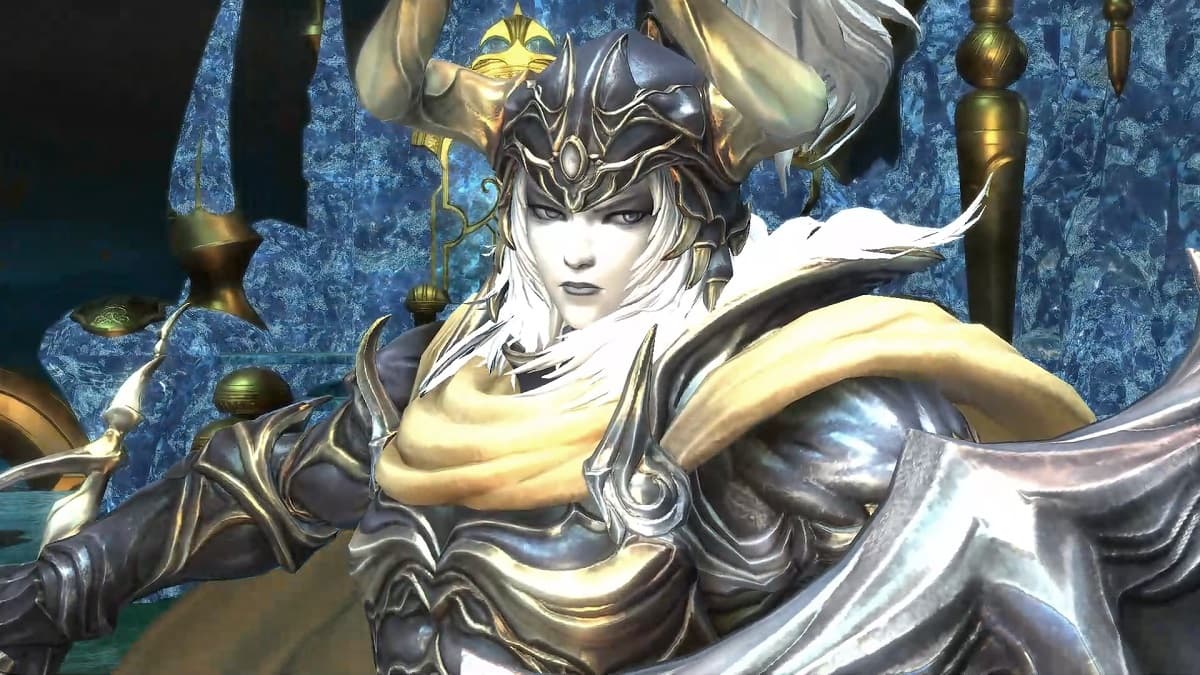
Published: May 9, 2020 06:00 am